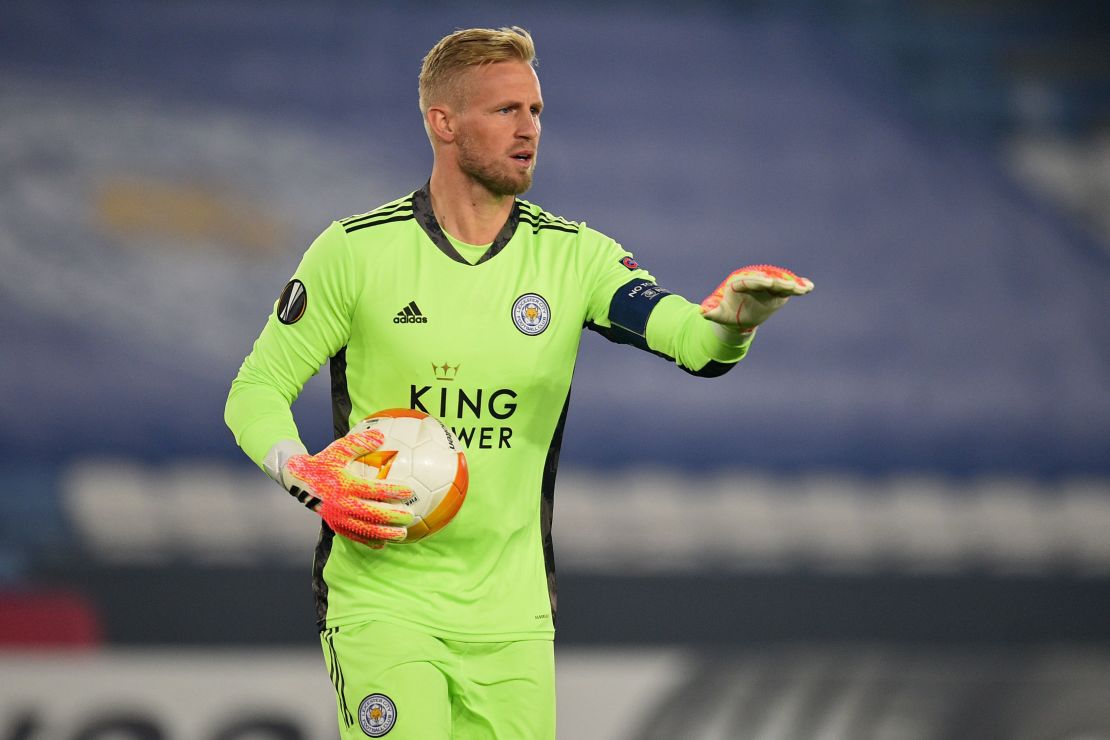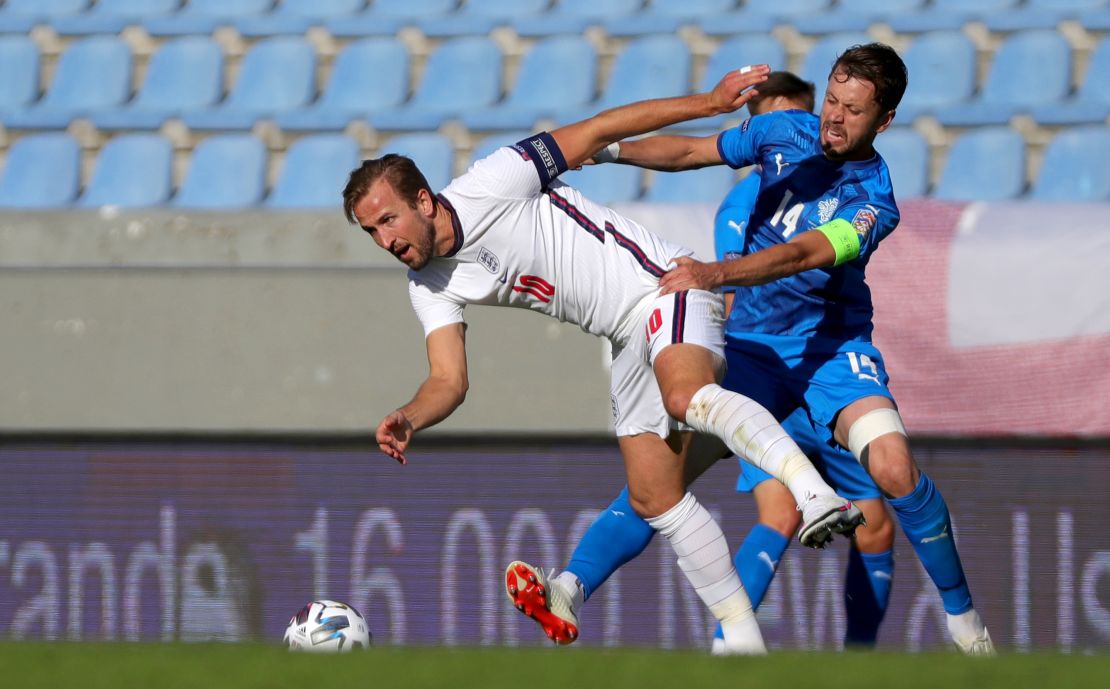A new variant of Covid-19 found in Danish mink farms is disrupting the plans of international football teams for their upcoming fixtures, with UK-based footballers, including eight Premier League stars, notably affected.
On Saturday, the United Kingdom banned travelers from Denmark due to the outbreak. UK citizens and visa holders will be able to return but will have to quarantine with all members of their household for 14 days.
“The decision to act quickly follows the release of further information from health authorities in Denmark reporting widespread outbreaks of coronavirus (COVID-19) in mink farms, with a variant strain of the virus spreading to some local communities,” said the UK government in a statement.
The new travel guidance has created complications for several international football fixtures, with the Danish national team’s matches notably affected.
Denmark is set to play at home to Sweden and Iceland in the coming days. Iceland is then due to travel from Denmark to England to play Gareth Southgate’s side in the final Nations League group stage match on November 18.
Since June, around the time the Premier League agreed to return to play, elite athletes have been exempt from Covid-19 travel restrictions imposed by the UK government. However, there will be no exemptions provided to sports stars arriving in the country from Denmark.
READ: As coronavirus cases surge, hundreds of footballers jet off thousands of miles round the world

The Danish Premier League stars affected include Leicester City’s Kasper Schmeichel, Chelsea defender Andreas Christensen, Everton’s Jonas Lossl, Southampton’s Jannik Vestergaard and Tottenham midfielder Pierre-Emile Hojbjerg, while the impacted Swedish internationals are Manchester United defender Victor Lindelof, Everton’s Robin Olsen and Newcastle’s Emil Krafth.
One Scottish Premier League player – Rangers defender Filip Helander – and Watford midfielder Ken Sema, who plays in the Championship, are also affected.
However, the Swedish quintet will be available for selection for the other two matches, against Croatia and France, according to Sweden’s national team manager Stefan Pettersson.
It also means that England’s match against Iceland, scheduled to be played at Wembley Stadium next week, is in flux, with Iceland set to face Denmark in Copenhagen this coming Sunday.
Danish Football Association (DBU) director Jakob Jensen said in a statement that the new situation is “regrettable and frustrating” and has forced head coach Kasper Hjulmand to call up nine new players.
“We all have a maximum interest in being responsible to both our own and others’ players and coaches,” Jensen said. “Safety first. That is why we also work with very detailed UEFA rules, both when we live, travel to and play international matches.
“We experience the decision of the English authorities as too strong and far-reaching, as the entire set-up around the national team just minimizes a possible risk.
“We are working hard for and hope that the situation will be resolved as soon as possible so that we can play with our strongest national team in the remaining matches.”

UEFA, European football’s governing body, outlines detailed regulations in its ‘Return to Play’ protocol – with regards to certain medical and organizational obligations for venues hosting international fixtures – but says requirements for players returning to their clubs are determined by domestic football bodies, national associations and the relevant local authorities.
“UEFA is regular contact with the Danish Football Union, who in turn, are communicating with the relevant local authorities, while the upcoming matches set to be played in Denmark are planned to take place as scheduled,” UEFA told CNN in a statement.
New regulations approved by UEFA’s Executive Committee for the upcoming international fixtures state that any canceled matches will be rescheduled to a date fixed by UEFA, while it also has the authority to move fixtures to a neutral venue.
Any match that cannot be rescheduled, the country responsible for the game being canceled will forfeit the match. In the event that the UEFA Control, Ethics and Disciplinary Body find both or neither country responsible, then the match will be decided by drawing of lots.
Even if several players test positive for Covid-19, matches will still go ahead as long as teams have 13 players available, including one goalkeeper.
Following the international break, Liverpool’s Champions League fixture away to Danish club FC Midtjylland on 9 December could potentially also be under threat.
The FA and Liverpool did not immediately respond to CNN’s request for comment.



















